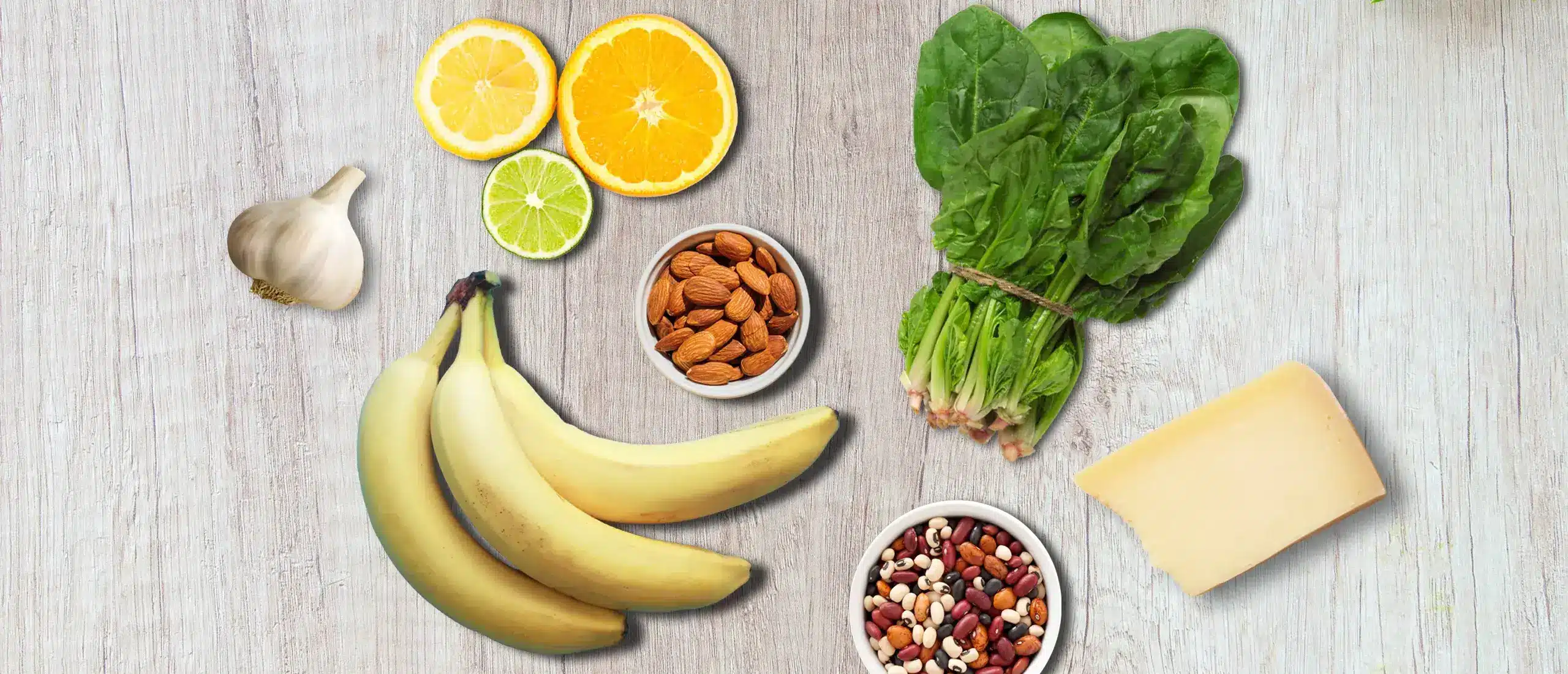Are Butyrate Foods Better Than Probiotics for Gut Health?
When it comes to gut health, probiotics get all the attention. Don’t get us wrong, it’s well-deserved: Probiotics are the life force of your gut microbiome, the trillions-strong community of good bacteria that keep you healthy.
But if your microbiome is out-of-whack, probiotics are only one step of many to healing your gut, says functional medicine doctor and longevity expert, Frank Lipman, M.D. “The gut microbiome also houses certain types of bacteria which, when properly fed, produce powerful, health-supportive compounds like short-chain fatty acids (SCFAs). One of the most well-studied SCFAs is butyrate.”
Butyrate has been associated with several gut-friendly perks—which according to Lipman, you won’t want to miss out on. Here’s everything you need to know, and the best butyrate foods to boost gut defense and a whole lot more.
What is Butyrate?
“In a nutshell, butyrate is a short-chain fatty acid that’s produced when certain strains of gut bacteria feast on their favorite plant fiber, the stuff that makes your beneficial gut bacteria thrive,” explains Lipman.
Simply put, when you consume fiber-rich foods (like a banana), your gut bacteria digest and break down the dietary fiber in the colon, producing short-chain fatty acids including butyrate in the process.
Short-chain fatty acids deliver what Lipman calls big body wins: “They help your body better absorb minerals from the food you eat and help maintain your bacterial balance to prevent the bad guys from gaining the upper hand,” he says.
Health Benefits of Butyrate
Butyrate is a multifunctional molecule; its powerful benefits reach far beyond the gut wall. “Hundreds of studies have found links between too little butyrate and increased color cancer, metabolic disease, and even cognitive and memory decline,” says Lipman.
Getting enough butyrate might:
How to Get More Butyrate
When it comes to butyrate, the more the better, according to Lipman. “For some of my patients, I may recommend butyrate in supplement form, but ideally, you want to get as much as possible by feeding your own gut bacteria,” he says.
Start with prebiotic foods, which contain the fiber that fuels your beneficial gut bacteria—the kind that feed off that fiber, and then produce butyrate. “The more diversity in your diet, the more diverse and plentiful your butyrate-producing bacteria will be,” says Lipman.
Common prebiotic foods are colorful, low-sugar fruits; high-fiber veggies; nuts, seeds, and legumes; and moderate amounts of gluten-free whole grains like quinoa, wild rice, buckwheat, millet, amaranth, and arrowroot.
If your gut microbiome is in bad shape, however, you might need to heal your gut before loading up on fiber. Leaky gut, diabetes, irritable bowel syndrome (IBS), Crohn’s disease, and antibiotic use can harm your bacterial butyrate production team, per Lipman. “An unhealthy low-fiber diet of gut-irritating, processed foods, especially sugar—which over-feeds the bad guys and starves the good, causing imbalances like dysbiosis—can also take a hit,” he adds.
Butyrate Foods
Want more butyrate? Here are the exact foods Lipman emphasizes to keep your gut bacteria strong, happy, and pumping out the butyrate.
Prebiotic-rich fruits and vegetables
Since butyrate is mostly made from fermentable fiber, fruits and vegetables that feature plant fiber are king for butyrate production. “Opt for either organic or fresh from the farmers’ market,” says Lipman. If you can’t shop organic or are trying to keep your grocery bill down, shop from the Environmental Working Group shopper guide which identifies which foods are okay to buy from non-organic sources and which are better bought organic. Here are his top picks:
- Almonds
- Asparagus
- Chicory root
- Citrus fruits
- Dark leafy greens
- Dandelion greens
- Endive
- Garlic
- Jerusalem artichokes or sunchokes
- Jicama
- Kiwi
- Leeks
- Mushrooms
- Onions
- Yams
Resistant starch
“Resistant starches (unlike fast-moving, blood-sugar-spiking simple carbs) move down to the large intestine where their fibers slowly ferment and act as a prebiotic, encouraging the production of more butyrate,” says Lipman. To get more, give these Lipman-approved sources a try:
- Lentils
- Black beans
- Kidney beans
- Chickpeas
- Green, under-ripe bananas
- Tiger nut flour (for baking)
Organic, pasture-raised dairy
While you get the benefits of butyrate from eating fiber, some foods like dairy contain butyrate naturally. “Just be sure to always source the healthiest options possible—look for organic or farmers market products from healthy, pasture-raised animals,” Lipman says. He recommends:
- Milk
- Butter
- Hard cheese like parmesan











